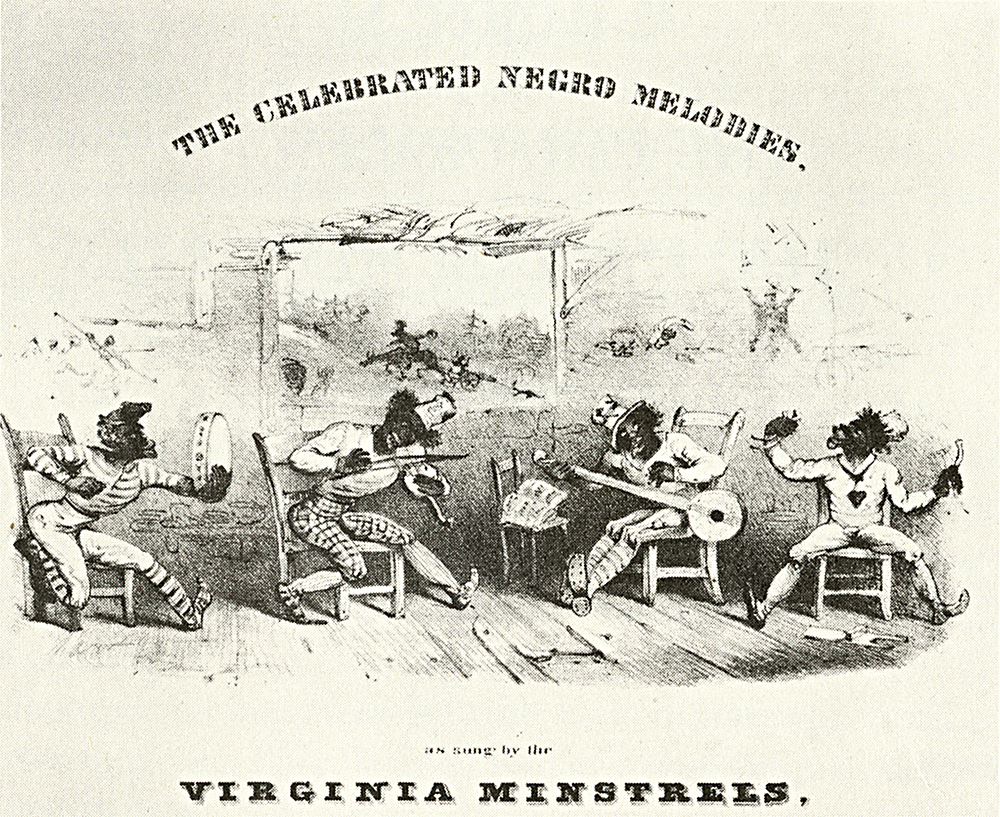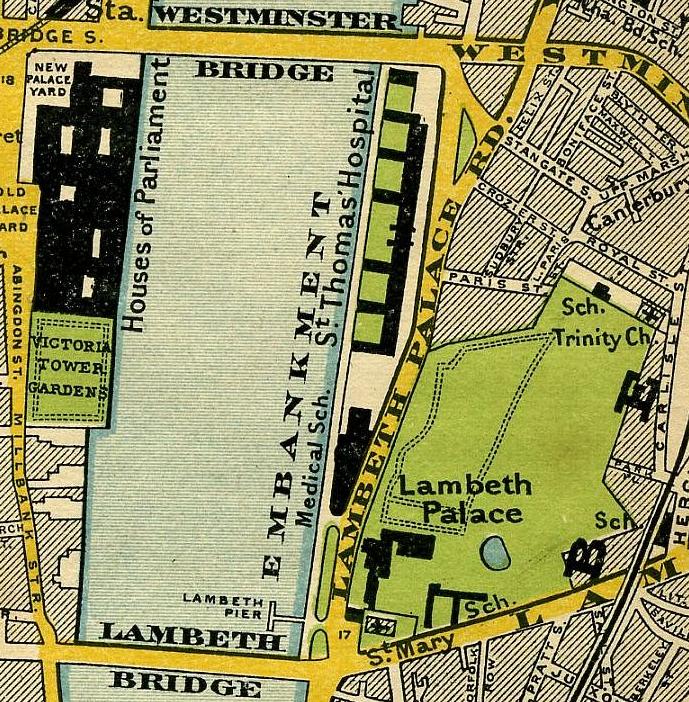|
Mrs Caulfield
Louisa Caulfield ( Matley, 23 April 1817 – 11 September 1870), known as Mrs Caulfield, was an English music hall singer active in the 1850s and 1860s. She was born in London, and married John Caulfield (1810–1865), an actor. Mrs Caulfield was one of the first female entertainers to appear at Evans's Supper Rooms and at the Canterbury Music Hall, where her husband became the Chairman. She specialised in versions of popular comic songs, with the words often rewritten to give a female perspective.Richard Anthony Baker, ''British Music Hall: an illustrated history'', Pen & Sword, 2014, , pp.16-17 Her most successful songs included "Keemo Kimo, Polly Won't You Try Me, Oh?", a version of a folk song that had been absorbed into the American minstrel A minstrel was an entertainer, initially in medieval Europe. It originally described any type of entertainer such as a musician, juggler, acrobat, singer or fool; later, from the sixteenth century, it came to mean ... [...More Info...] [...Related Items...] OR: [Wikipedia] [Google] [Baidu] |
Music Hall
Music hall is a type of British theatrical entertainment that was popular from the early Victorian era, beginning around 1850. It faded away after 1918 as the halls rebranded their entertainment as variety. Perceptions of a distinction in Britain between bold and scandalous ''Music Hall'' and subsequent, more respectable ''Variety'' differ. Music hall involved a mixture of popular songs, comedy, speciality acts, and variety entertainment. The term is derived from a type of theatre or venue in which such entertainment took place. In North America vaudeville was in some ways analogous to British music hall, featuring rousing songs and comic acts. Originating in saloon bars within public houses during the 1830s, music hall entertainment became increasingly popular with audiences. So much so, that during the 1850s some public houses were demolished, and specialised music hall theatres developed in their place. These theatres were designed chiefly so that people could consume food ... [...More Info...] [...Related Items...] OR: [Wikipedia] [Google] [Baidu] |
Evans's Supper Rooms
Evans Music-and-Supper Rooms was an entertainment venue for music and singing in the early nineteenth century, located at 43 King Street, Covent Garden, London. The venue provided the type of entertainment which later evolved into music hall. What would later be known as the Evans Music and Supper Rooms was initially known as the Thomas Archer House. The house was built by Thomas Archer in 1712 for Admiral Edward Russell, the fourth Earl of Bedford's grandson. The House would later be sold to a man named Joy and turned into The Grand Hotel. Formerly the dining room of the Grand Hotel, a 'song and supper' room was established in the 1840s by W. H. Evans. It was also known as Evans Late Joy's, the venue previously being owned by a man named Joy. In 1842 the rooms were taken over by John Paddy Green, who had been one of Evans's entertainers. Green reconstructed the rooms and maintained their popular reputation. The room was long by wide. Evans' existed as the most popular song a ... [...More Info...] [...Related Items...] OR: [Wikipedia] [Google] [Baidu] |
Canterbury Music Hall
The Canterbury Music Hall was established in 1852 by Charles Morton on the site of a former skittle alley adjacent to the Canterbury Tavern at 143 Westminster Bridge Road, Lambeth. It was one of the first purpose-built music halls in London, and "probably the largest and grandest concert-room ever attached to a public house" in London. Morton came to be dubbed ''the Father of the Halls'' as hundreds of imitators were built within the next several years. The theatre was rebuilt three times, and the last theatre on the site was destroyed by bombing in 1942. History Establishing the hall Morton and Frederick Stanley, his brother in law, purchased the Canterbury Arms, in Upper Marsh, Lambeth, in 1849. Morton was experienced in presenting 'Gentlemen Only' entertainments in his other pubs, and he had been impressed with the entertainments at Evans Music-and-Supper Rooms in Covent Garden and decided to offer a ''harmonic meeting'', held on Saturdays, in the back room of the public hous ... [...More Info...] [...Related Items...] OR: [Wikipedia] [Google] [Baidu] |
Folk Song
Folk music is a music genre that includes #Traditional folk music, traditional folk music and the Contemporary folk music, contemporary genre that evolved from the former during the 20th-century folk revival. Some types of folk music may be called world music. Traditional folk music has been defined in several ways: as music transmitted orally, music with unknown composers, music that is played on traditional instruments, music about cultural or national identity, music that changes between generations (folk process), music associated with a people's folklore, or music performed by Convention (norm), custom over a long period of time. It has been contrasted with popular music, commercial and art music, classical styles. The term originated in the 19th century, but folk music extends beyond that. Starting in the mid-20th century, a new form of popular folk music evolved from traditional folk music. This process and period is called the (second) folk revival and reached a zenith ... [...More Info...] [...Related Items...] OR: [Wikipedia] [Google] [Baidu] |
Minstrel Song
The minstrel show, also called minstrelsy, was an American form of racist theatrical entertainment developed in the early 19th century. Each show consisted of comic skits, variety acts, dancing, and music performances that depicted people specifically of African descent. The shows were performed by mostly white people wearing blackface make-up for the purpose of playing the role of black people. There were also some African-American performers and black-only minstrel groups that formed and toured. Minstrel shows caricatured black people as dim-witted, lazy, buffoonish, superstitious, and happy-go-lucky.The Coon Character , Jim Crow Museum of Racist Memorabilia, Ferris State University. Retrieved 29 January 2016.John Kenrick [...More Info...] [...Related Items...] OR: [Wikipedia] [Google] [Baidu] |
Lambeth
Lambeth () is a district in South London, England, in the London Borough of Lambeth, historically in the County of Surrey. It is situated south of Charing Cross. The population of the London Borough of Lambeth was 303,086 in 2011. The area experienced some slight growth in the medieval period as part of the manor of Lambeth Palace. By the Victorian era the area had seen significant development as London expanded, with dense industrial, commercial and residential buildings located adjacent to one another. The changes brought by World War II altered much of the fabric of Lambeth. Subsequent development in the late 20th and early 21st centuries has seen an increase in the number of high-rise buildings. The area is home to the International Maritime Organization. Lambeth is home to one of the largest Lusophone, Portuguese-speaking communities in the UK, and is the second most commonly spoken language in Lambeth after English language, English. History Medieval The origins of the ... [...More Info...] [...Related Items...] OR: [Wikipedia] [Google] [Baidu] |
1817 Births
Events January–March * January 1 – Sailing through the Sandwich Islands, Otto von Kotzebue discovers New Year Island. * January 19 – An army of 5,423 soldiers, led by General José de San Martín, starts crossing the Andes from Argentina, to liberate Chile and then Peru. * January 20 – Ram Mohan Roy and David Hare found Hindu College, Calcutta, offering instructions in Western languages and subjects. * February 12 – Battle of Chacabuco: The Argentine–Chilean patriotic army defeats the Spanish. * March 3 ** President James Madison vetoes John C. Calhoun's Bonus Bill. ** The U.S. Congress passes a law to split the Mississippi Territory, after Mississippi drafts a constitution, creating the Alabama Territory, effective in August. * March 4 – James Monroe is sworn in as the fifth President of the United States. * March 21 – The flag of the Pernambucan Revolt is publicly blessed by the dean of Recife Cathedral, Brazil ... [...More Info...] [...Related Items...] OR: [Wikipedia] [Google] [Baidu] |
1870 Deaths
Year 187 ( CLXXXVII) was a common year starting on Sunday (link will display the full calendar) of the Julian calendar. At the time, it was known as the Year of the Consulship of Quintius and Aelianus (or, less frequently, year 940 ''Ab urbe condita''). The denomination 187 for this year has been used since the early medieval period, when the Anno Domini calendar era became the prevalent method in Europe for naming years. Events By place Roman Empire * Septimius Severus marries Julia Domna (age 17), a Syrian princess, at Lugdunum (modern-day Lyon). She is the youngest daughter of high-priest Julius Bassianus – a descendant of the Royal House of Emesa. Her elder sister is Julia Maesa. * Clodius Albinus defeats the Chatti, a highly organized German tribe that controlled the area that includes the Black Forest. By topic Religion * Olympianus succeeds Pertinax as bishop of Byzantium (until 198). Births * Cao Pi, Chinese emperor of the Cao Wei state (d. 226) * G ... [...More Info...] [...Related Items...] OR: [Wikipedia] [Google] [Baidu] |





